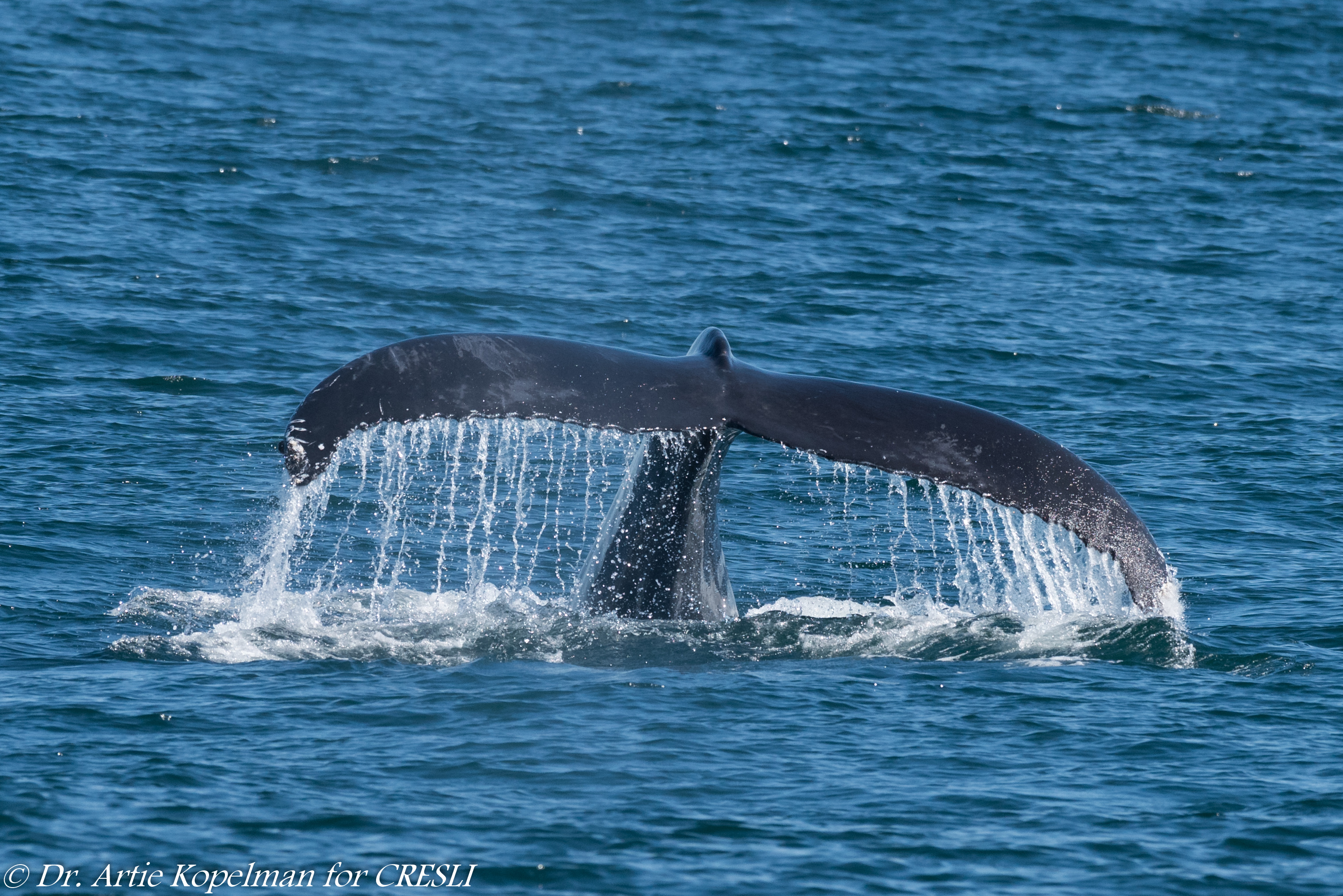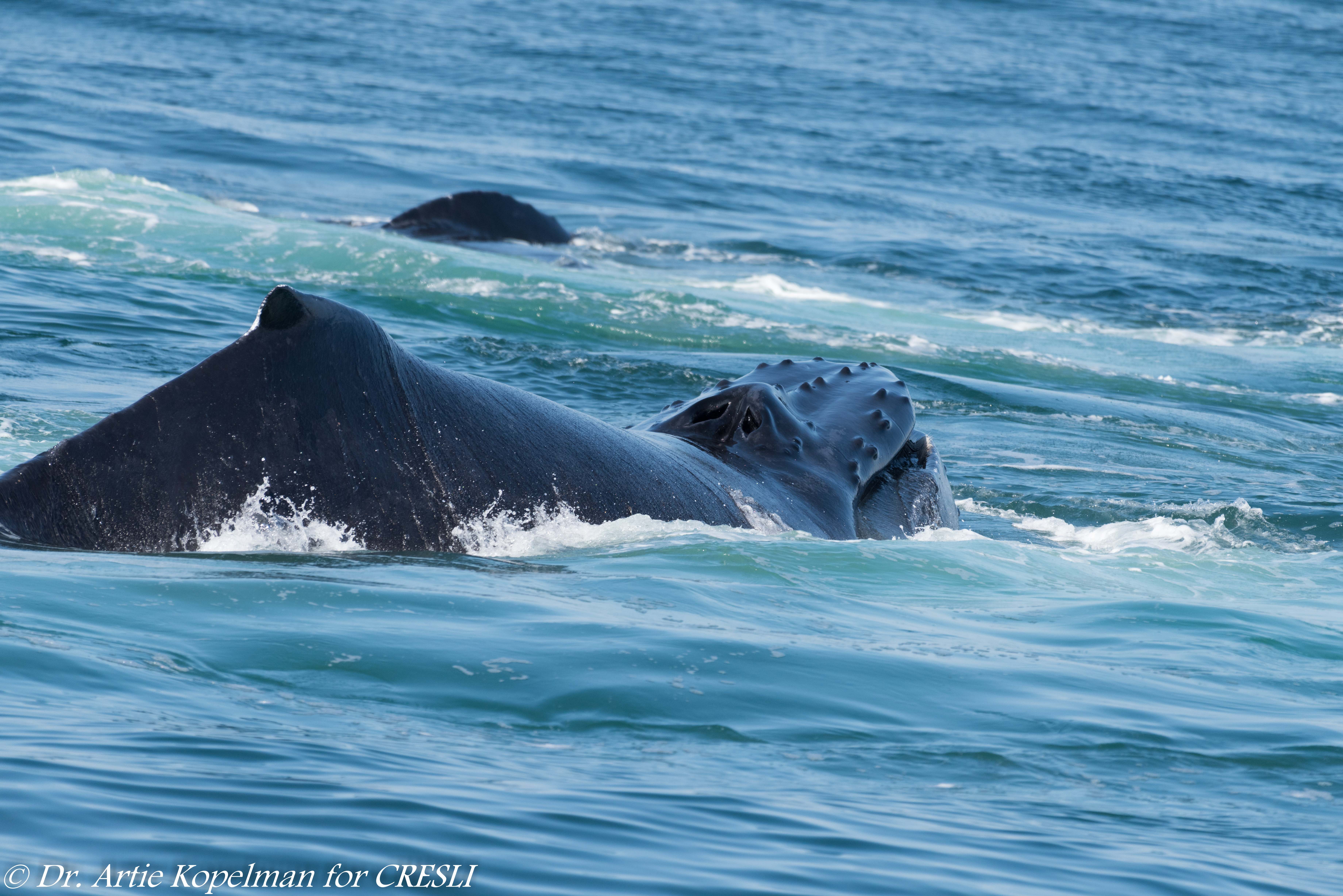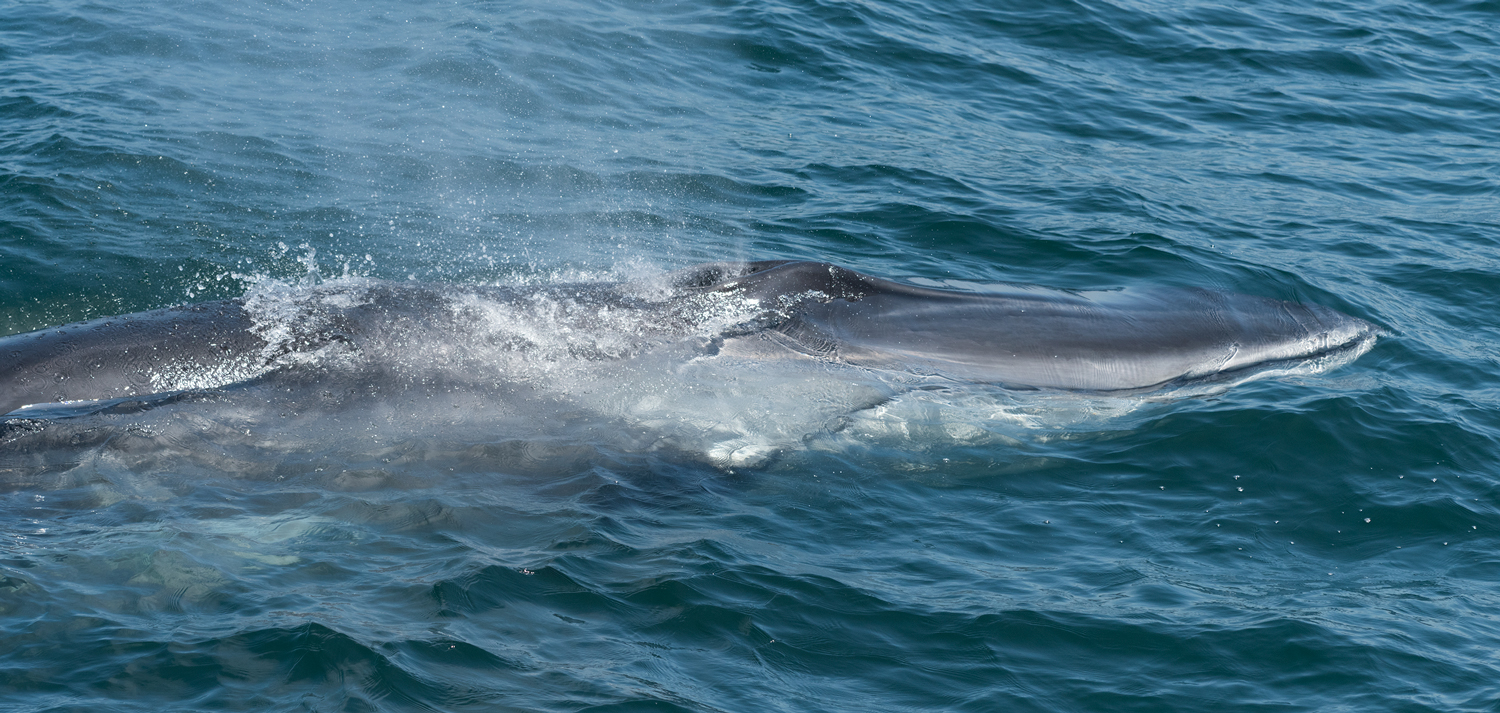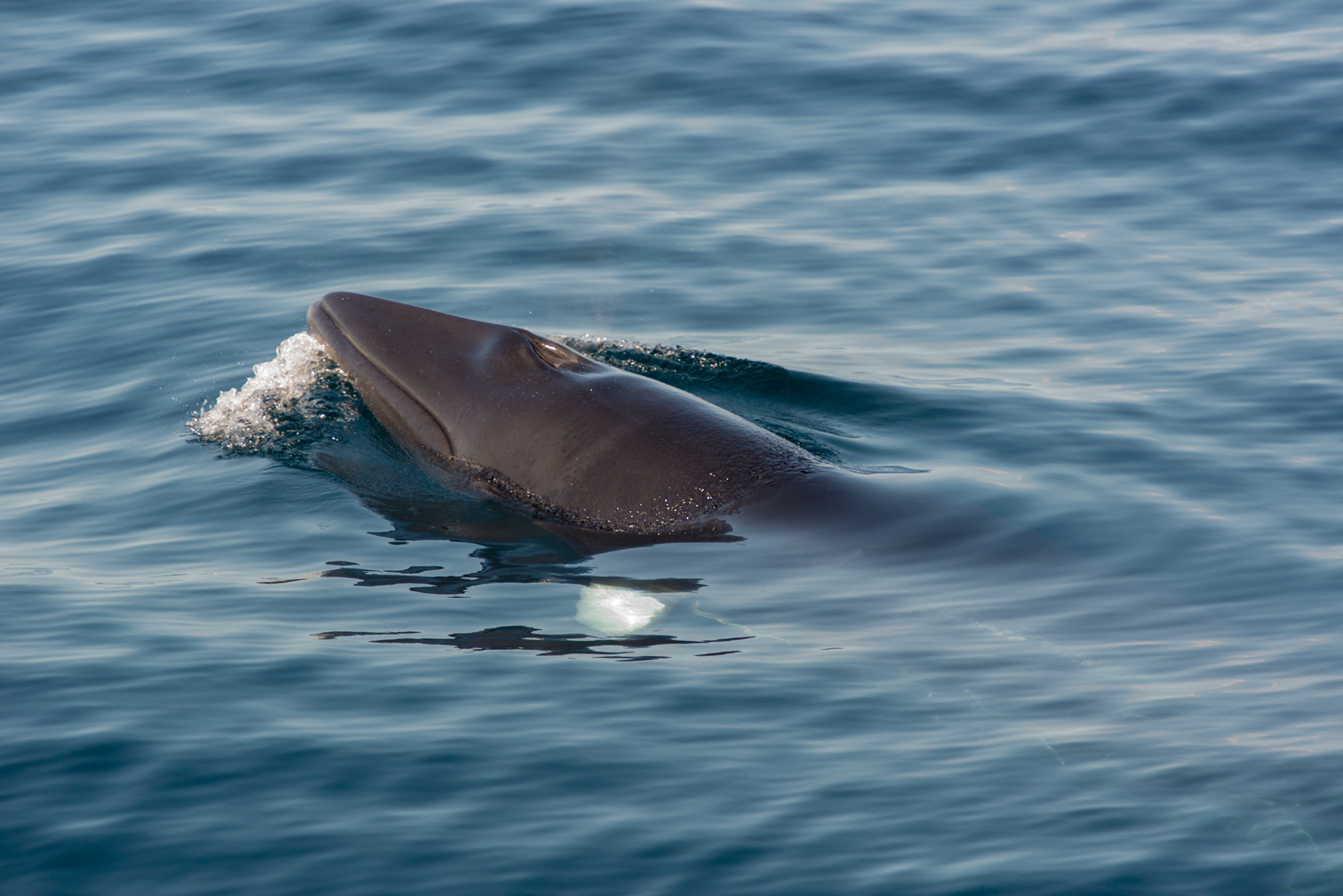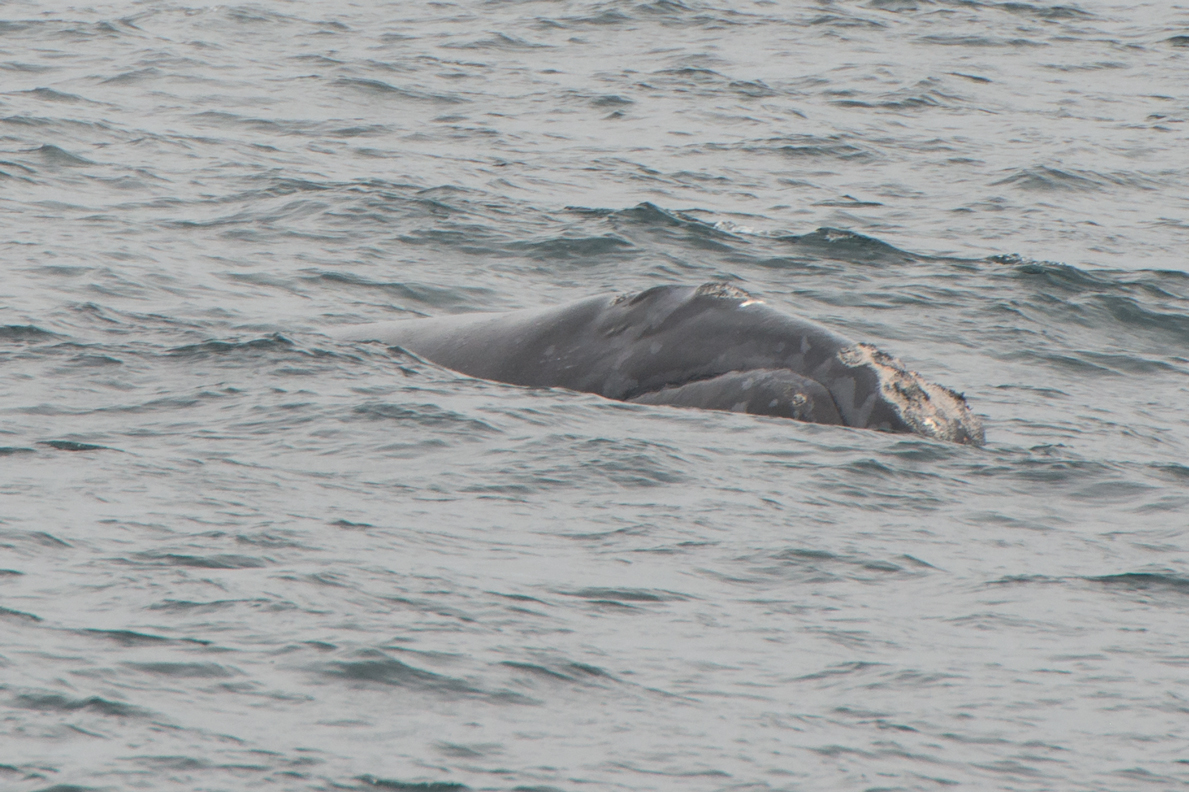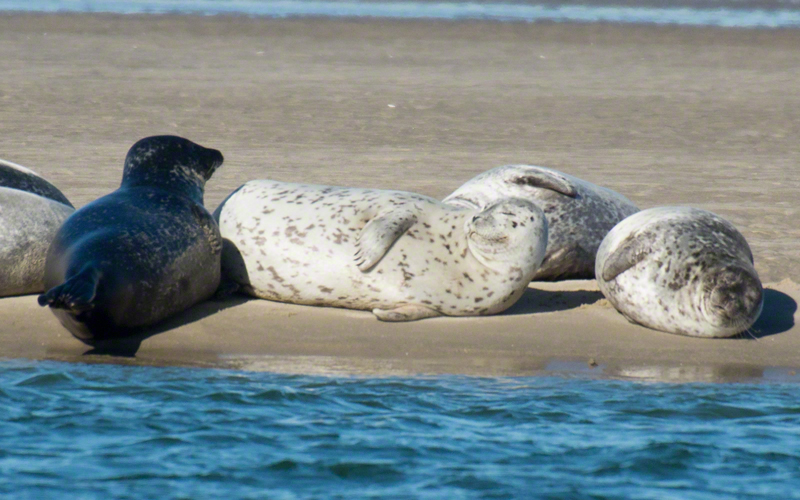About CRESLI
Mission
To promote and foster understanding and stewardship of coastal ecosystems through research and education. The Coastal Research and Education Society of Long Island, was founded in the summer of 1996 by a group of experts in marine mammal science, environmental sciences, education and conservation. CRESLI was formed for the purposes of conducting research, providing educational experiences, and promoting conservation of coastal ecosystems. Research and education are inextricably linked in all CRESLI activities. As such, CRESLI actively develops cooperative alliances with researchers, educational institutions, and the participation of the public. Our pinniped and cetacean research projects, for example, utilize public whale watch cruises and seal walks/cruises as platforms for educating the public and conducting research at the same time. We are an entirely volunteer-based organization. Become one of our volunteers!
Commercial fishers, pleasure boaters, and the public at large have also been enlisted to provide sighting information used in population and distribution studies. This public participation has not only led to the finding that Long Island's coastlines provide a essential habitat for pinnipeds, cetaceans and sea turtles, but has also fostered greater awareness and appreciation of these animals and their habitats among fishers, boaters and the public.
Cooperative alliances with institutions such as Gotham Whale, Atlantic Marine Conservation Society, the Wildlife Conservation Society, and CERCOM at Molloy College, the Thorne Lab at Stony Brook University, OBIS-SEAMAP, and others are entirely consistent with CRESLI's mission and purpose. The sharing of resources, and coordination of activities, significantly enhances the opportunities for research and public education.
CRESLI is a member of the South Shore Estuary Reserve Citizen's Advisory Committee (SSER-CAC), and Dr. Artie Kopelman, our president, is a member of the SSER Technical Advisory Committee
CRESLI's Purpose
- to stimulate public interest in and to encourage conservation of coastal ecosystems through education programs for schools and public and private organizations.
- To foster a lifelong appreciation of and sense of stewardship towards coastal ecosystems through our programs, outreach activities and membership.
- To conduct research that will enable greater understanding of coastal ecosystems and to disseminate this information through scientific publications and conferences and meetings.
- To provide research and educational opportunities to students and others wishing to pursue educational interests or careers in coastal studies.
- To support marine mammal and sea turtle stranding programs which respond to stranded marine mammals and turtles with the goal of rehabilitating these animals for release back to the wild.
- To be a regional, national and international resource on marine mammal, sea turtle and pelagic bird species and their environments for researchers, educators and policy makers.
Research Programs
FIN WHALE STUDIES: Long term photo-identification for population, distribution and behavioral studies.
GREAT SOUTH CHANNEL and NY BIGHT HUMPBACK WHALE STUDIES: Long term photo-identification for population, distribution and behavioral studies of humpback whales in the Great South Channel and the eastern NY Bight. Data are shared with the Western NY Bight (NYC) Humpback Catalogue (Gotham Whale), North Atlantic Humpback Whale Catalogue (Allied Whale), and the Gulf of Maine Humpback Catalogue (Center for Coastal Studies), as well many other of researchers analyzing humpback whale populations in the NY Bight (WCS and SBU SoMAS), Gulf of Maine and elsewhere in the North Atlantic.
SPECIES COMPOSITION AND DISTRIBUTION IN THE NEW YORK BIGHT: an ongoing project to determine the diversity of cetaceans and pinnipeds which utilize this region. While CRESLI works in the Eastern NY Bight, we've teamed up with colleagues at Gotham Whale, Wild Conservation Society (WCS), and others (Thorne Lab at SBU SoMAS), to develop models for the entire NY Bight. CRESLI's data are share and viewable on the NY Geographic Information Gateway, OBIS-SEAMAP (Ocean Biogeographic Information System Spatial Ecological Analysis of Megavertebrate Population), Flukebook, Seal Codex, and Happy Whale
HARBOR AND GRAY SEAL STUDIES: Long term photo-identification of harbor and gray seals at Cupsogue Beach and elsewhere for population and distribution studies.
